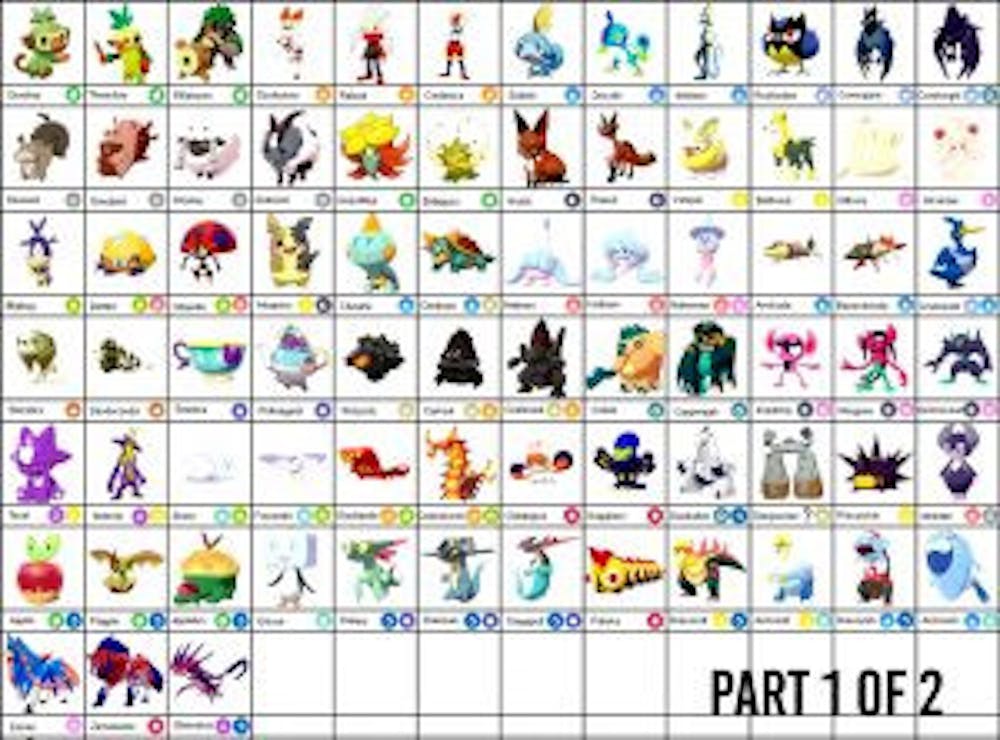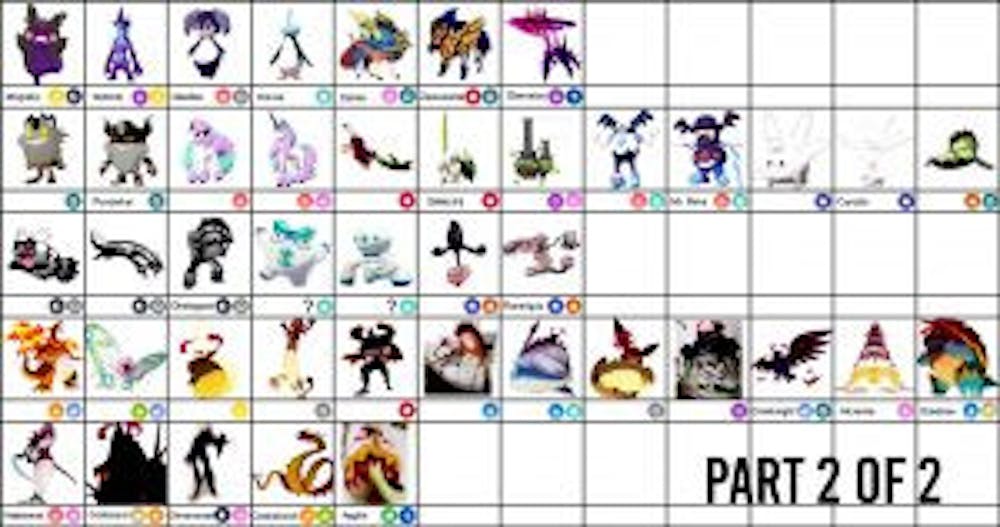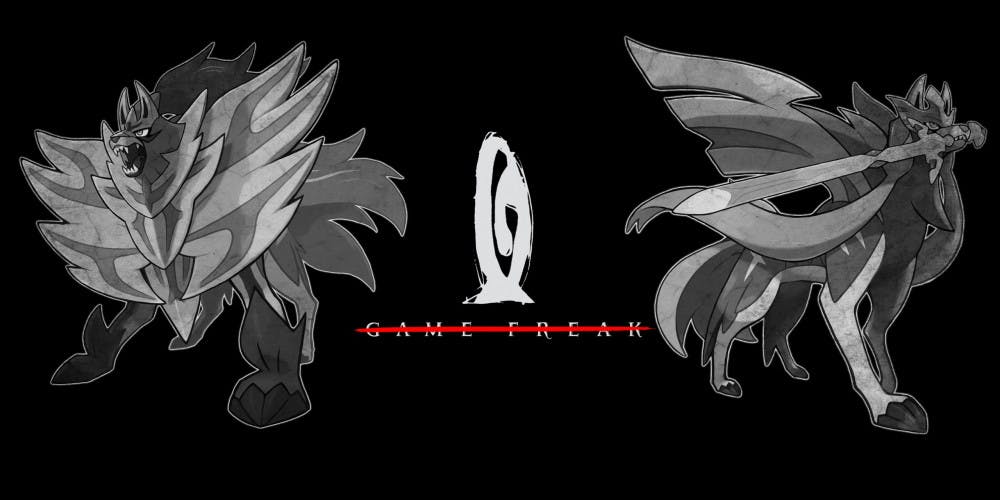By Blake Chapman The opinions and views expressed in this article are those of the author and do not reflect the opinion of Byte or Byte’s editorial board. Since the current generation of video games stepped onto the scene back in 2013, we have witnessed some of the most spectacular moments ever before in gaming. Within this last decade, video games have grown from a niche genre in the scope of the entertainment industry to a powerhouse of influence and economics dominating the global market. Money is not the only factor of notable importance though. When looking back on this generation, it is the ability that games have to connect across differences that excites me the most. Esports and its professional players have garnered as much respect and notoriety as traditional sports teams and athletes. Games like The Witcher 3: Wild Hunt, Disco Elysium, and even the Quantic Dream collection have redefined storytelling in an interactive space. Arguably, the most impressive aspect of the last ten years of gaming is the range of artistic expression only possible in a virtual landscape. The rise of indie culture has offered some of the most beautiful games ever conceived. Along with beautiful graphics, you have experiences that become more personal and emotional the deeper you dive in. Undertale, Cuphead, and Life is Strange are just a few games that are like this. https://youtu.be/AURVxvIZrmU However, not a single year goes by that controversy is absent from the headlines of gaming media. Now that 2019 has come to an end, it seems that we will be discussing the discourse of that year far into the future. Between the abandonment of EA’s newest live service ‘Anthem,' Blizzard’s abhorrent reaction to community dialogue about the Hong Kong protests, all the debates surrounding the gameplay of Hideo Kojima’s ‘Death Stranding,' and online personalities’ fall from grace like Projared; there are a ton of topics to cover and debate. One confrontation that happened throughout 2019 reminded me how fragile the gaming community is and how close it can get to caving in on itself. The online strife surrounding Gamefreak’s development of ‘Pokemon Sword and Shield’ drove gamers to turn their scorn and dissatisfaction against each other. When the dust settled, their rage had evaporated and everyone decided to just deal with the end product instead of working toward legitimate change. The lack of proper care on Gamefreak’s part was the biggest disappointment in gaming for 2019 and caused this longtime Pokemon fan to reconsider my affinity to the franchise.
Don’t settle for less

Overwhelming outrage amongst a loyal fanbase
The most disheartening part of this whole fiasco was the community reaction that split new players and veterans apart, beginning with the online movements that started immediately after the Dexit announcement at E3. The “#bringbackthenationaldex” campaign began on Twitter with users pointing out their distaste and frustration with GameFreak. Many users cited how it went against the core principle of the series as you can no longer obtain every species, unless you want to spend $16 a year and hope your favorites become available in the future. Along with that, many users shared past articles and interviews where producers said that 'Pokemon: Sword and Shield' would be a title that would make fans say, “this is what I’ve been waiting for.”
Fight for more
These last seven months of discourse across the community have done next to nothing to influence Gamefreak to do better. Sword and Shield has become the highest-selling Switch title and DLC will now be released throughout 2020. Some would say that there is not much left to do in terms of influencing positive change, but I would disagree. While many people claim that “voting with your wallet” never works because the giant corporate entity will always make a profit, consider the recent case of Ghost Recon: Breakpoint . The disappointing critical reception and poor sales convinced Ubisoft to delay their entire 2020 lineup so they could restructure their entire development process. If a positive example will not convince you, then consider the yearly EA sports titles which consistently cut down available features and increase monetization of each respective game to where it feels more like gambling every single entry. The least we can do for the future of Pokemon is to continue to vocalize online. While it may not have a direct impact on future titles upon release, sharing new information in the development cycle and how it contrasts against past iterations or statements is crucial to consumer decision-making; however, fans should avoid targeting their anger and frustration at other members of the community who still choose to support the official game. Just because you disagree with another player’s point of view, it does not grant you the right to disenfranchise and degrade them on social media or in public. Finally, the worst thing you can do is remain silent. A lack of a perspective does not mean you are undecided. Apathy and neutrality simply mean that change remains stagnant and nothing can evolve for the better. Now after all that heavy recapping and staunch criticism, it would be unethical of me to lie and say I have completely abstained from playing Sword and Shield. Over the winter holiday, I had the opportunity to experience it for the first time and I will admit that I was not totally disappointed by what I saw. The world of Pokemon has always been a nostalgic experience, reminding me of simpler times in my life where the world did not always seem at odds with my hopes and dreams, and Sword and Shield delivered on that craving in every way. It also felt like a vision of the future and while some of those visions did not totally hit the mark (the wild area, a controllable camera, pokemon camp) I do have a little faith that the designers at Gamefreak will expand on the positive elements into the next generation. Now that the dust has settled, I have begun to consider what I want for the future of Pokemon and how Game Freak can earn back my trust. First, much like how Ubisoft benefited from injecting more development time into each Assassin’s Creed title since Syndicate, yearly releases of main series Pokemon games need to stop. Even if it is a new Let’s Go title or that Sinnoh remake everyone so desperately wants, extra time to make mistakes and figure out how to better utilize the hardware of the Switch is crucial. Secondly, I expected the first main series Pokemon game on Switch to be a brilliant advancement toward blurring the line between the anime and video games. I still hope for a Pokemon title on the level of Breath of the Wild; one that encourages exploration and offers a nonlinear experience. Finally, I want Gamefreak to take a step back and realize the importance this franchise has to billions of people. There is not a single other series in the history of video games that has meant more to me than Pokemon. Without it, I would have never believed that a life spent writing about video games could be possible. However, without necessary conversation and debate over what can make these games better, we will never break the loop of disappointment followed by eventual acceptance. If we are to demand more of our games, we must demand more of the community that supports their release.Sources: Eurogamer , gamesindustry.biz , Polygon , Nintendo Enthusiast , Tech Power Up , Forbes YouTube Images Slash Gear Featured Image




















